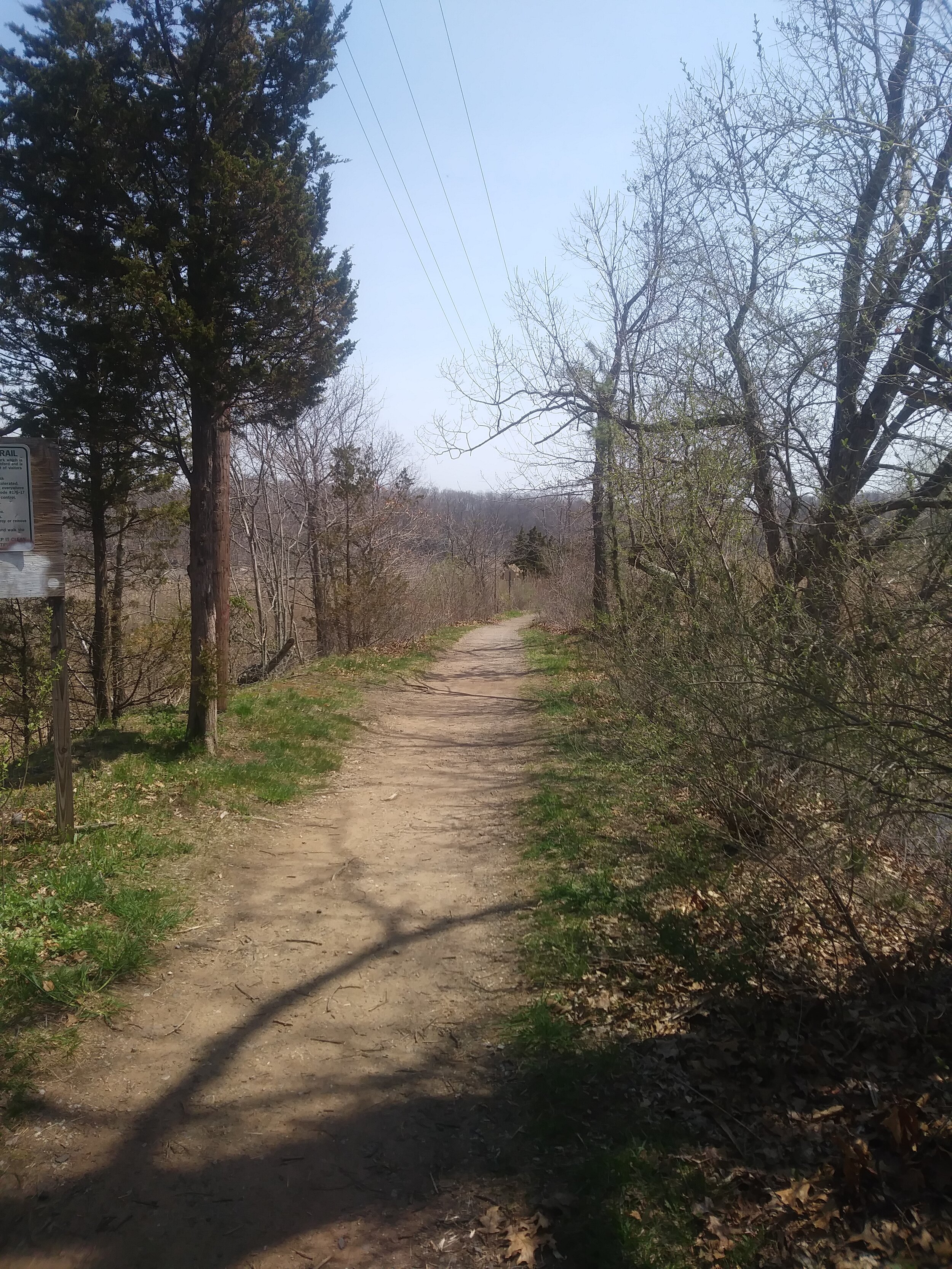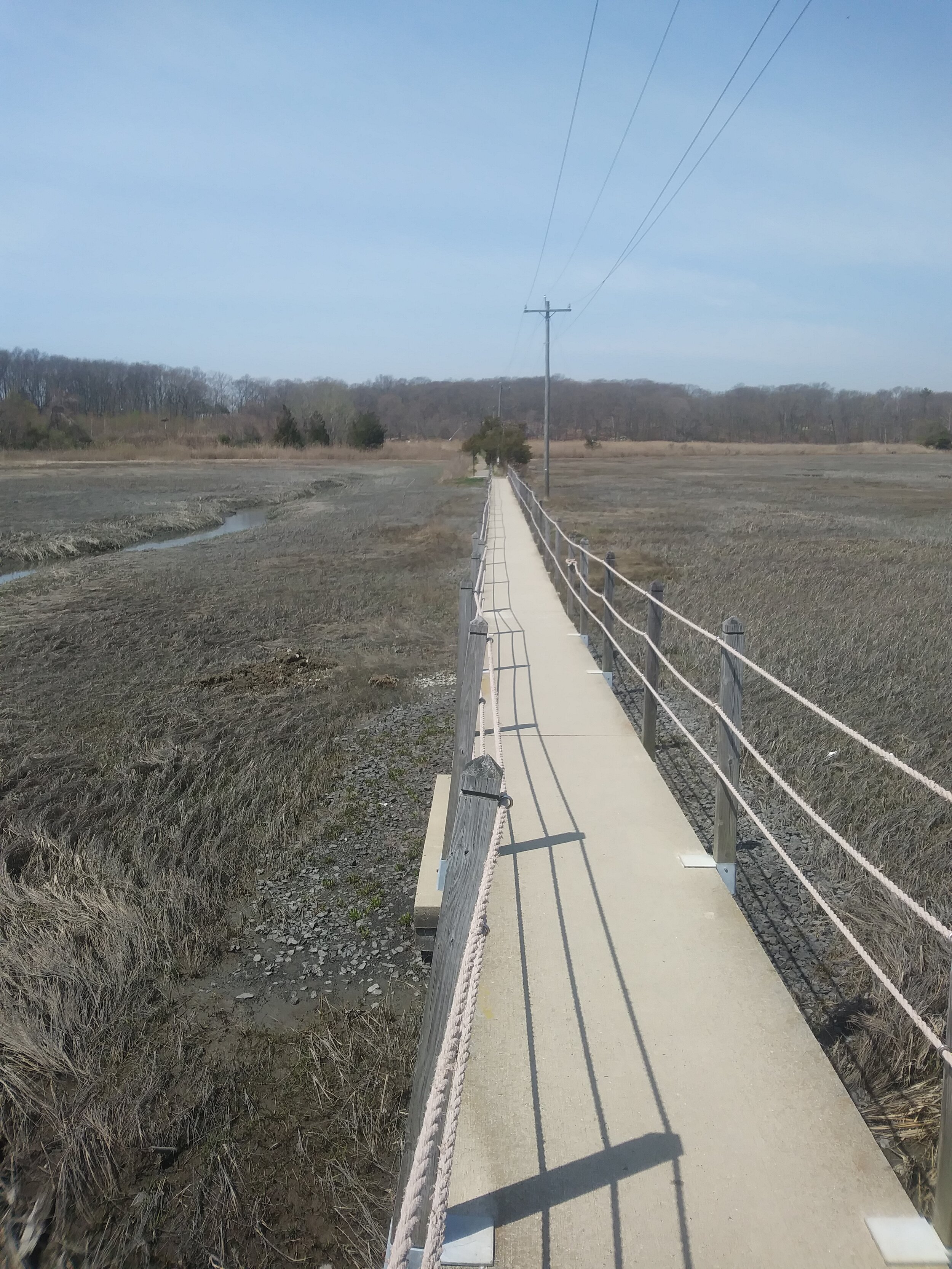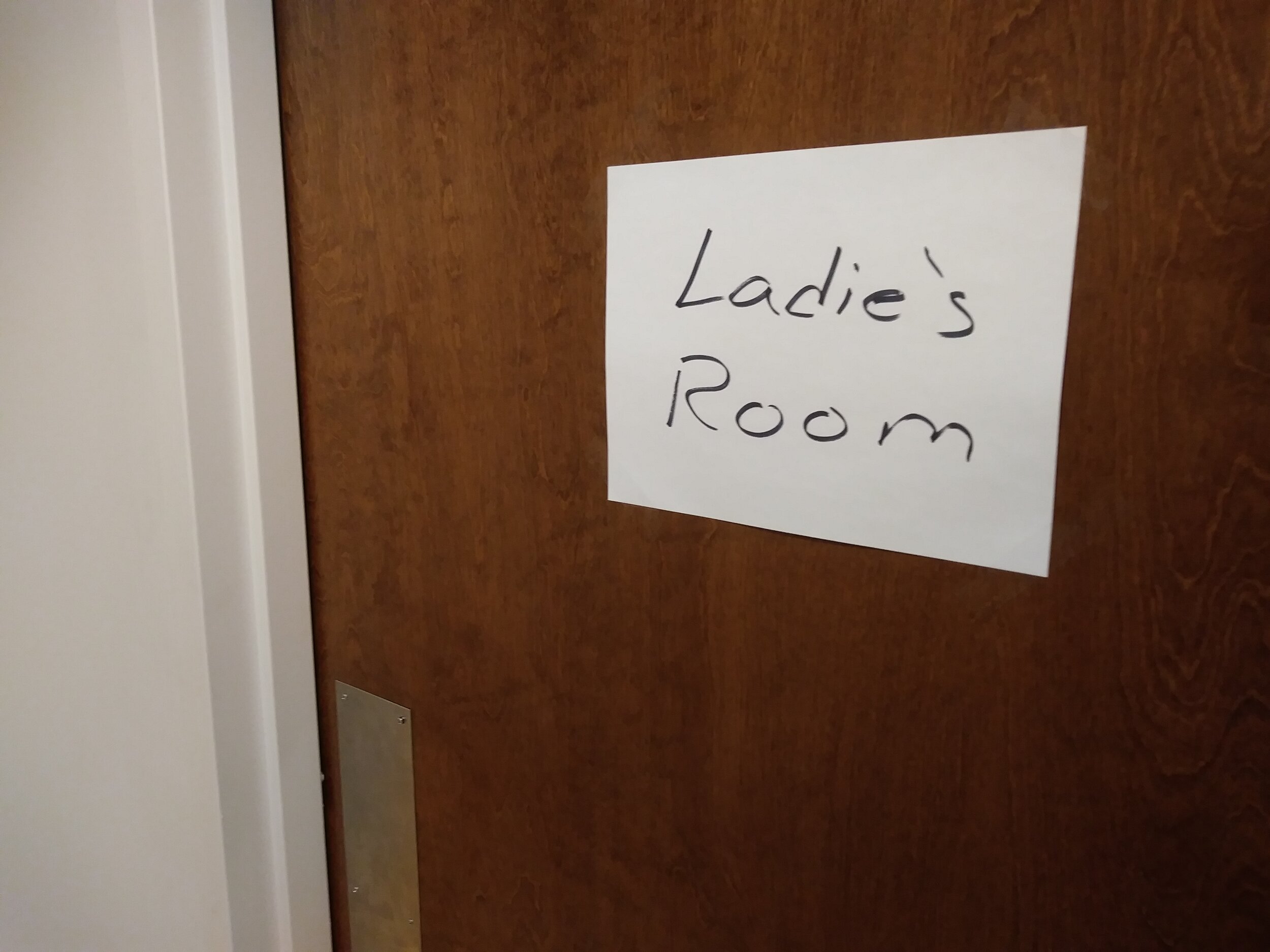This question is incredibly hard for me to answer. I usually just go with, “I grew up in Vermont.” Some people are content with this. But others look at me like I’m just a silly billy and say, “Okay, but where do you live now?” Ahh jeez, when did this turn into the census? My two answers are:
“Uhh, nowhere really, I travel a lot.” (And then the person thinks I’m dodging the question.)
Or:
“Most recently, [insert location].” (And then the person thinks I’m a liar because the most recent location of late has been a research base in Antarctica.)
Can ya tell it makes me self-conscious? It’s a totally innocuous question; people want to know where they can root you. But what if you’re rootless? In a society where structure gives us meaning, people who exist across boundaries — nomads, drifters, vagabonds — are uncivilized, and maybe not trustworthy.
But what is home anyway? In the West, we use it as shorthand for “the place where you live,” but that’s not exactly accurate. If someone’s asking directions to your house, your home is an address. But take a cross-country road trip, and suddenly your home is a state. Get on a plane and cross an ocean, and home becomes an entire country.
You can feel at home in a lot of places: your parents’ house, your favorite café, your tent on the side of the road in a town you’ve never been. And you can live in a place you don’t consider your home — just ask a refugee, a hostage, a prisoner.
Or a lonely old woman in a nursing home.
I’m standing on the sidewalk outside your house in Metuchen, New Jersey, and your ghost is floating at my shoulder.
I can’t believe they painted it that hideous yellow, you say.
The red was nicer, I think.
It looks like dog piss, you snap, and I smile. This was your home.
I remember every shelf, every windowsill, every inch of the walls was decorated with treasures. I remember the green shag carpet and the white dots on the ceiling of Uncle Rich’s old room, the smell of marinara bubbling on the stove and the sound of some old movie on the TV. I remember nighttime, the streetlamp through the window, and a room filled with moonlight and the hum of an oscillating fan and the far-off mewling of a siren. The headlights of passing cars cast sliding squares of light along the walls. I didn’t know what to call them, so I called them skeletons. I was a kid from the country, and I’d never seen so many skeletons in my entire life.
And I remember you, in your slippers and your housecoat and your platinum-blonde hair. You painted watercolor landscapes and threw stuff when you were pissed off and whenever a waitress asked how you were doing, you’d say, “Anyone I can, honey.”
Dolores Powell: grandmother, artist, force of nature.
I get why Mom moved you to Raleigh; you couldn’t take care of the house anymore. But you were never the same. It reminded me of the babushkas of Chernobyl. Did you ever hear this story? After the nuclear disaster — which released 400 times the radiation as the bombing of Hiroshima — everyone was relocated. But 1200 people, mostly tough old broads like you, kept coming back. The government couldn’t keep them out, and they figured, well, they’re old, so let em live out the last few years of their lives in peace.
The ones who came back to Chernobyl ended up outliving the ones who didn’t. That’s a beautiful truth, isn’t it? Stubborn old ladies are more powerful than nuclear radiation.
But you lost that power when you moved to Raleigh. Without your social networks, your connection to your environment, you were a prisoner. You left your home for an apartment, and left that apartment for a room in an old folk’s home, and then you left this world for the next.
I am standing alone on the sidewalk outside a home I can’t enter. I am a ghost.
I think back on all the places I’ve lived. The ramshackle farmhouse I grew up in, the 16 acres that surrounded it. The muddy pond where we swam in the summer, the frozen hills we’d sled down in the winter, the milkweed field we’d tear through in the fall, sending thistledown drifting into the crisp air against a backdrop of flaming foliage. My mom sold that house when I was 19; now it’s a cold haunted place I only visit in the perpetual twilight of my dreams.
The hunter-green Hennessey Hammock where I slept like a rock when I was hiking the Appalachian Trail. The apartment Jill and I shared in Ithaca that always smelled like lavender from the aromatherapy studio downstairs. My house in Chikweo, the cool concrete floor and the doorway where I would lean and watch the sunset. All these places I’ve lived and loved, all these places I can never return.
“Where’s home?” people ask me.
Nowhere, man, I think turning away from my grandmother’s old house.
And I drift away, as detached and insignificant as a wisp of milkweed fuzz on the breeze.











